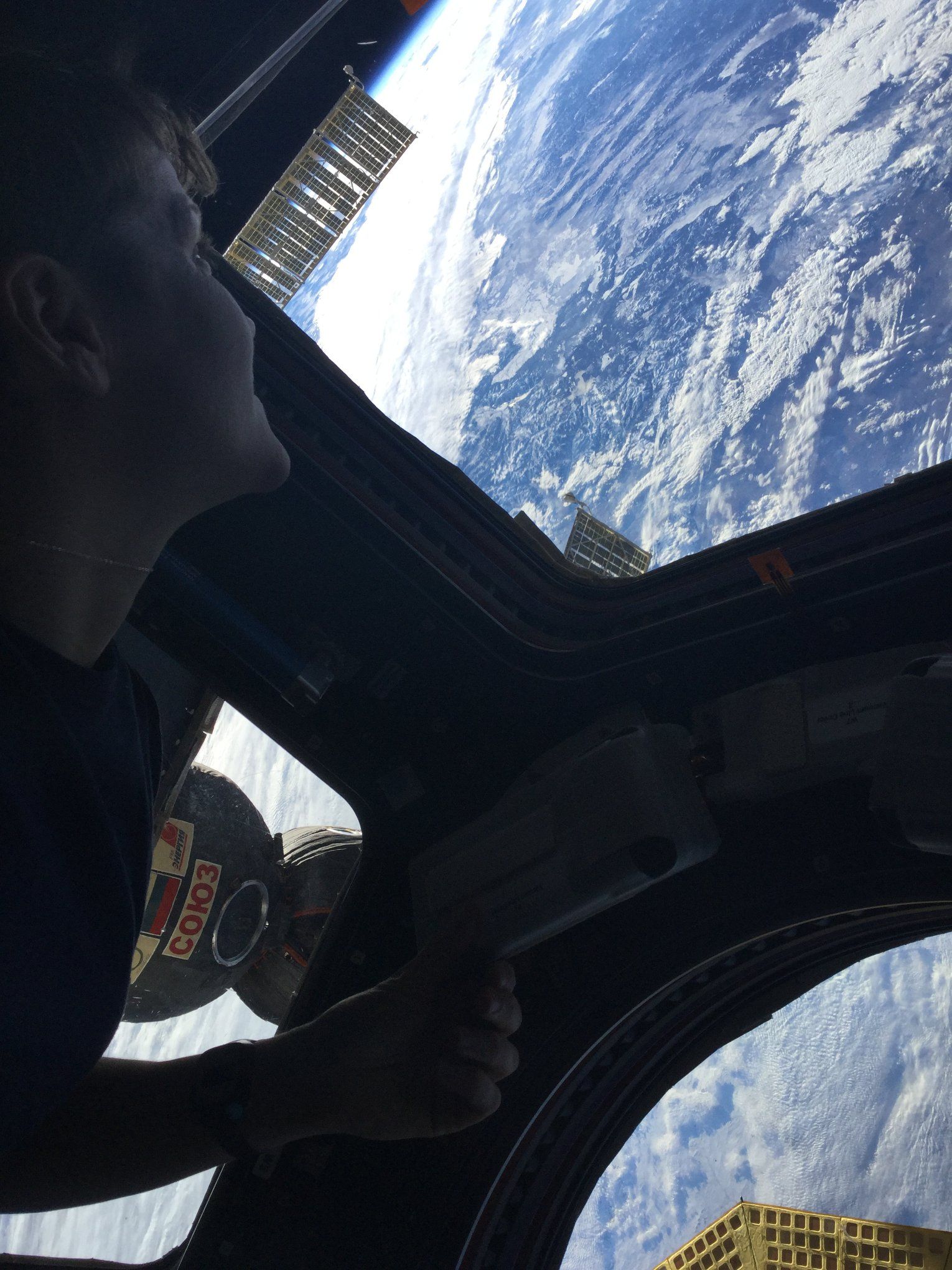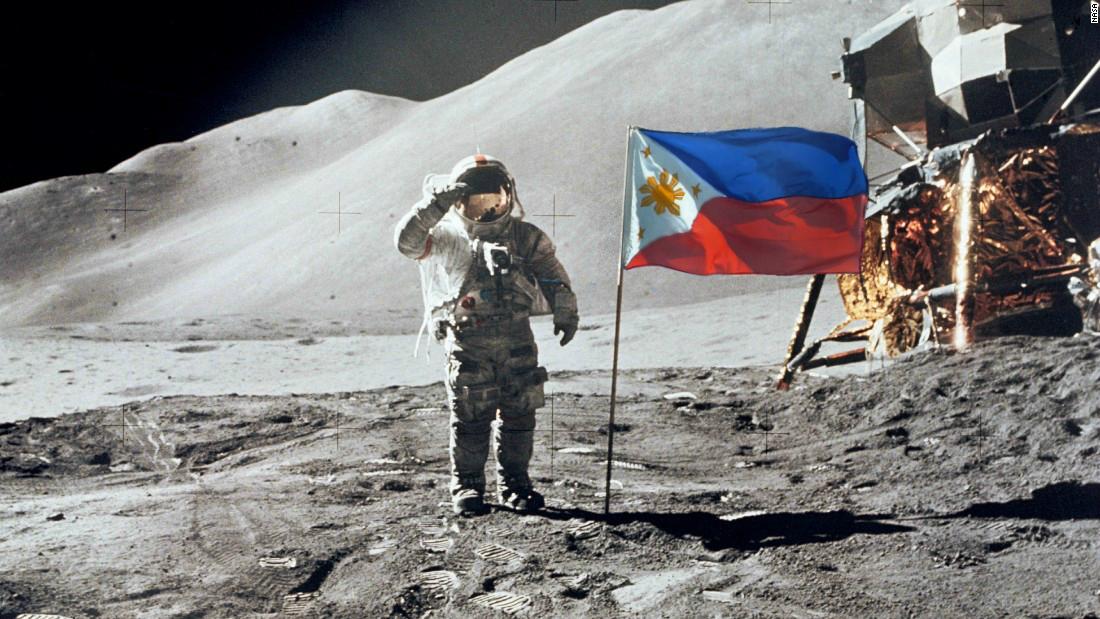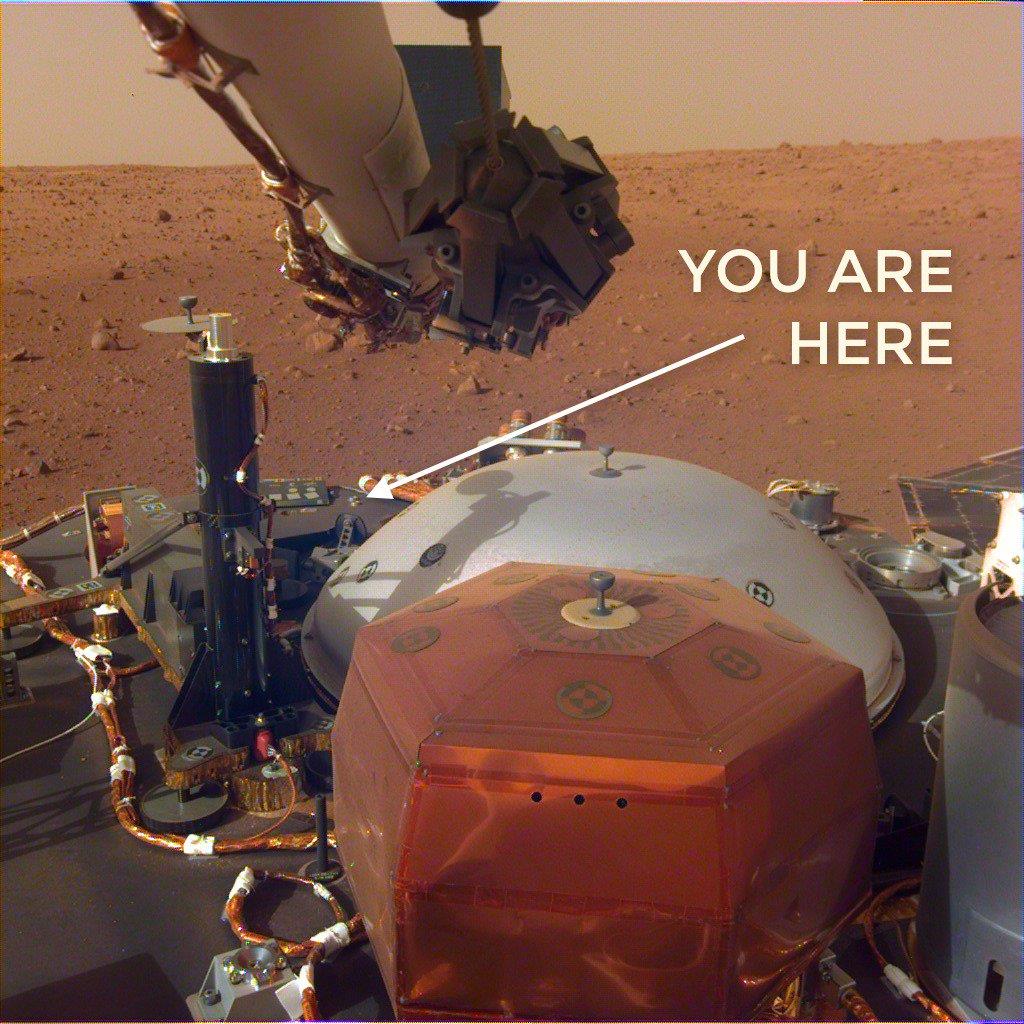BepiColombo has fired its ion drives in preparation for Mercury orbital injection over the next seven years.
Category: space – Page 956
What It’s Like On The Surface Of A Comet
This mesmerizing comet landscape was captured by the Rosetta probe as it zoomed by Comet 67P.
Sounds of Mars
BREAKING: Humans have never before heard the sound of wind on Mars until now! Listen to #SoundsOfMars as recorded by NASA InSight as Martian winds swept over our lander. Best with headphones or a subwoofer. https://go.nasa.gov/2BWeong&h=AT2phR-fnwaC50oFKYLmQGoDEJ8_fV…fWhAfd9mNw
Servicing Mission 1 from the Astronauts’ Perspective
Learn about the historic space shuttle mission that saved the Hubble Space Telescope as described by veteran astronauts Jeffrey Hoffman and Kathryn Thornton, who conducted spacewalks to install the instruments and corrective optics that cured Hubble’s blurred vision.



NASA Animation Shows Arctic Ice Rapidly Depleting
This animation shows how Arctic ice is disappearing at a stunning rate.
25 Years of Servicing with Hubble
NASA’s Hubble Space Telescope was the first telescope designed to be serviced in orbit. Join Hubble astronauts live as they discuss servicing from the innovative Robotics Operations Center. Plus a robot demo!
